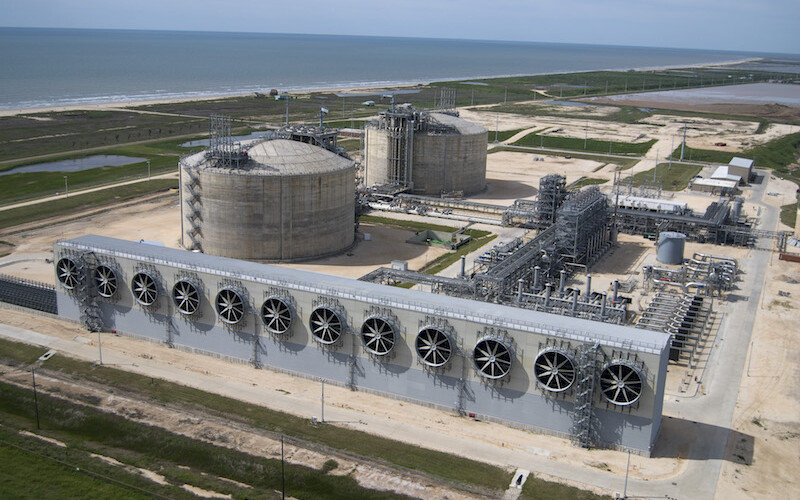It’s election season and the buying of votes by virtue signaling policies is underway. On Jan. 26, the Biden administration announced a temporary pause on pending decisions related to LNG exports in a concession to environmentalists. The administration argues that the energy department’s economic and environmental models are five years old and no longer adequately account for the effect LNG exports have on domestic energy costs or carbon emissions.
“During this period, we will take a hard look at the effects of LNG exports on energy costs, America’s energy security, and our environment,” President Joe Biden said in a statement. “This pause on new LNG approvals sees the climate crisis for what it is: the existential threat of our time.”
The reality is that Biden needs votes. He is trying to regain the support of young, climate-conscious voters who supported him in 2020 as he plans his 2024 campaign. He disappointed them last year with his decision to greenlight the ConocoPhillips’ Willow oil project in Alaska.
What’s the fallout? Politically, it could upset our allies, especially Germany which is relying on U.S. LNG exports for a substantial portion of the gas needed to replace Russian supplies. Is the U.S. no longer a trusted source of supply? Energy planners must be wondering.
Economically, the temporary pause, if it leads to a permanent delay in new LNG infrastructure, will signal to E&P companies, including offshore producers, to scale back their drilling for new gas supplies. Already, the Gulf of Mexico has been restricted by the Biden administration’s OCS five-year leasing schedule with the least number of sales possible. That is sending GOM drillers overseas.
Who would have thought the U.S. would become the largest crude oil producer in history, a leading global oil exporter, the world’s No. 1 natural gas producer, and the largest LNG exporter? LNG is replacing coal use, which reduces global emissions. This is something we should be cheering.
These plusses for our domestic energy security and economic growth may be sacrificed to buy votes from people who do not understand or appreciate how much of their lifestyle depends on a vibrant oil and gas industry.





